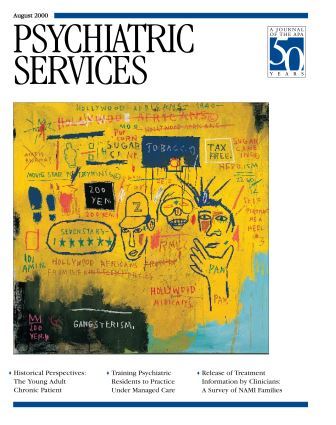I enjoyed this book, but at times I was surprised with its choice of content. At first I followed the author's presentation of how Freud used surgical metaphors to explain therapeutic aspects of psychoanalysis. Freud frequently emphasized the psychoanalyst's precision and decisiveness in a context that seemed analogous to a surgeon's carefully controlled use of potentially dangerous, invasive procedures. Soon it became apparent that Freud's metaphors were also affected by his own surgical treatment. Indeed, the book deals very sensitively with Freud's long period of multiple oral prosthetic surgeries. From time to time those experiences affected Freud's use of the metaphor.
Over the years, however, the surgical metaphors became less important, and finally Freud abandoned them late in his life. In fact, the author states, "The surgical model of the papers on technique is no longer in retreat; it has been effectively vanquished by curative improbabilities wed to the psychobiology of instinctual life." The rise and fall of the surgical metaphor in Freud's career is quite illuminating.
In the book one issue overlapping with Freud's use of the surgical metaphor is the question of lay analysis. Psychoanalysts frequently debated whether one needed medical training to be an analyst, including intensive discussion of Freud's 1927 "The Question of Lay Analysis" (
1), in which Freud argued against the requirement of medical training. By 1927 the use of the surgical metaphor had begun to be reduced, but the metaphor and the medical-background requirement for psychoanalysis are not precisely the same question. Unfortunately, these differences are not clarified.
The ups and downs of the surgical metaphor and its subsequent interpretations by analysts in the 20th century would have been a compact volume even if the author had also included discussion of lay analysis. However, he veers off the subject of the surgical metaphor in a way that seems to make the book less integrated, which surprised me. For example, there is an extensive discussion of psychosurgery and invasive psychiatric therapeutic techniques like insulin coma therapy, Metrazol shock, and electroshock. Freud's generic use of surgical metaphors was not related, theoretically or practically, to these "therapeutic" techniques.
The author also has a very complex section on the evolution of surgical metaphors in the United States during the first half of the 20th century. Primarily it involves a discussion of how Karl Menninger developed a treatment system that transcended previous employment of the surgical metaphor. Menninger had certainly not supported a medical model for psychoanalytic training; he opposed such a model firmly. Nevertheless, the author interprets Menninger's use of the metaphor as a broad-based generalization.
Dr. Stepansky ends the book by mentioning his own basis of analytic treatment, in which he tries to point out how contextual factors may be more important than whether or not one supports the surgical metaphor. This is an intriguing discussion, but I felt that it was quite condensed and needed further clarification.
The author is an excellent medical-psychoanalytic historian, and the book is a gem of a report of overlapping surgical and psychoanalytic questions. At times, however, the boundaries of "surgery" and "psychoanalysis" are not entirely clear. For example, the word "surgical" is often used to overlap with other medical fields, such as obstetrics. Freud's use of an obstetrical clinical example is included as a citation for the surgical metaphor in psychoanalysis. At times "psychoanalytic" overlaps with psychiatric and psychological perspectives. Dr. Stepansky tries to keep these models clear, but he is not always successful.
Freud's ideas about surgery and the impact surgery had on him are important and deserve presentation. Such a review alone makes this a worthwhile book. Dr. Stepansky chose to enlarge on this basic review; some clarity was lost in the attempted elaboration. Despite this problem, the discussions of Freud's relationship with surgery and the metamorphosis of surgical metaphors in Freud's concepts and practices are quite interesting and useful.

